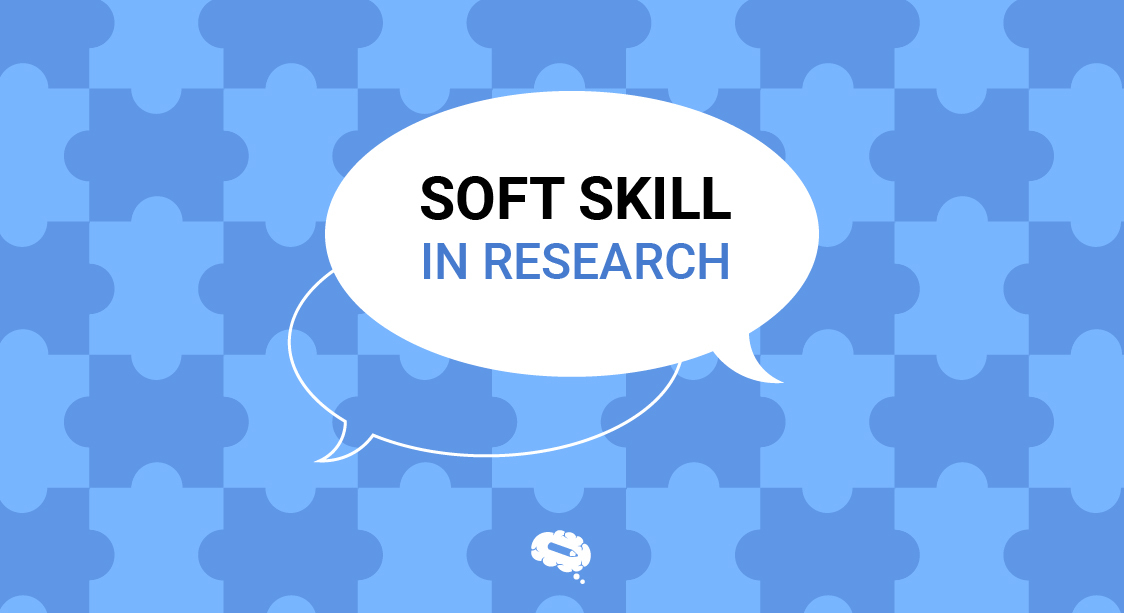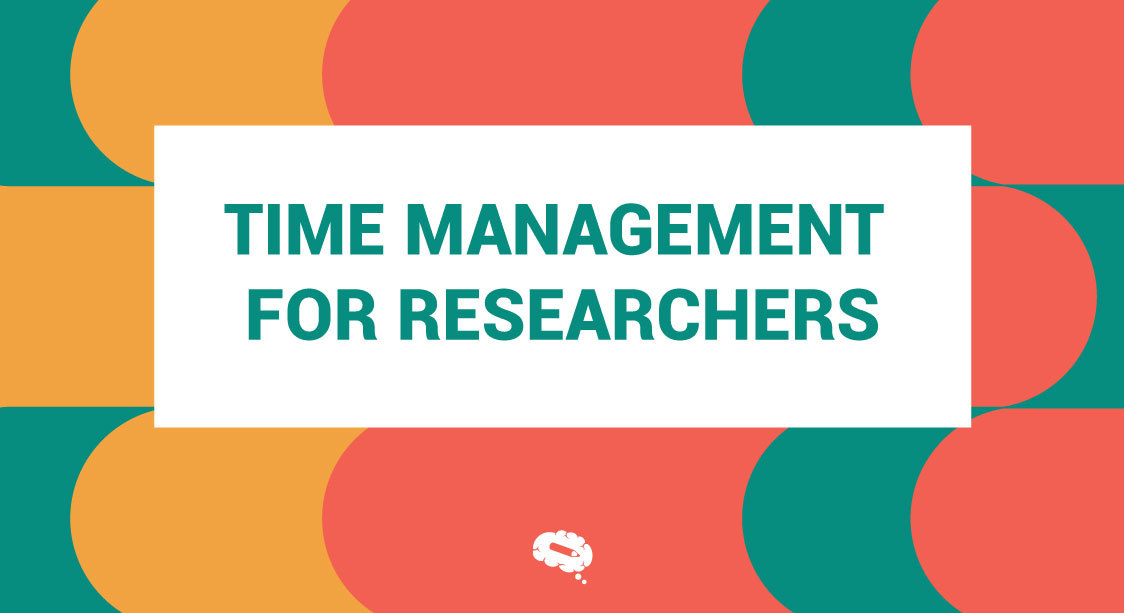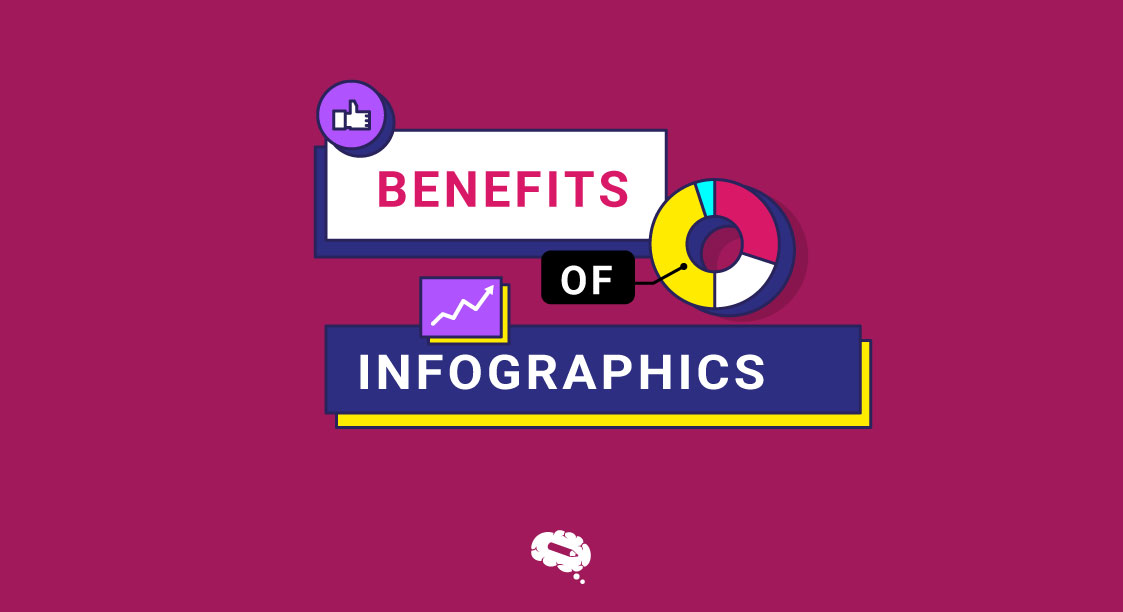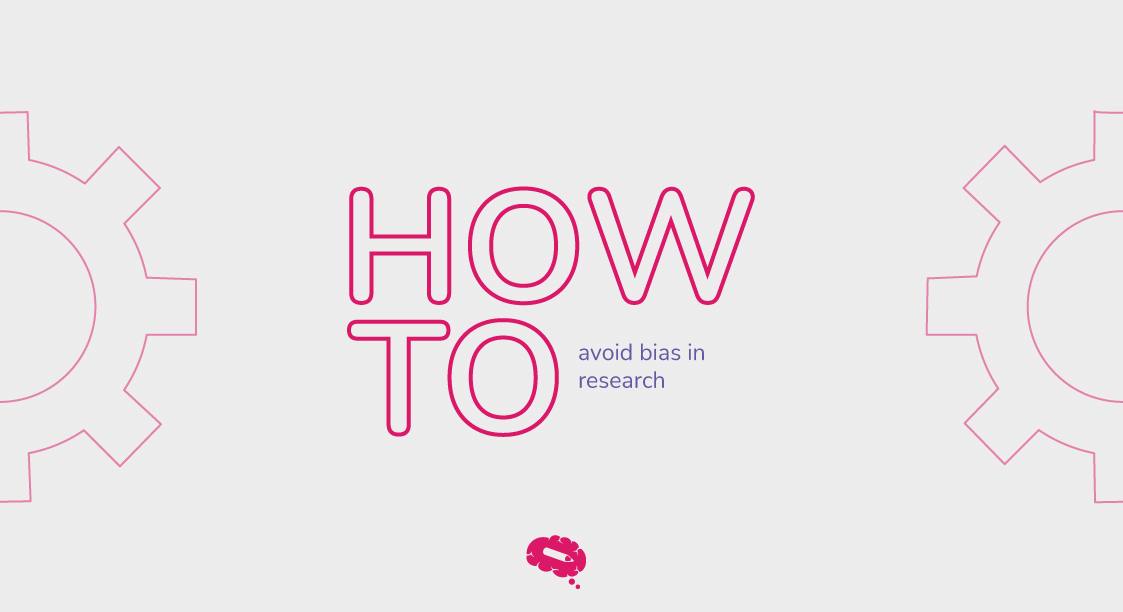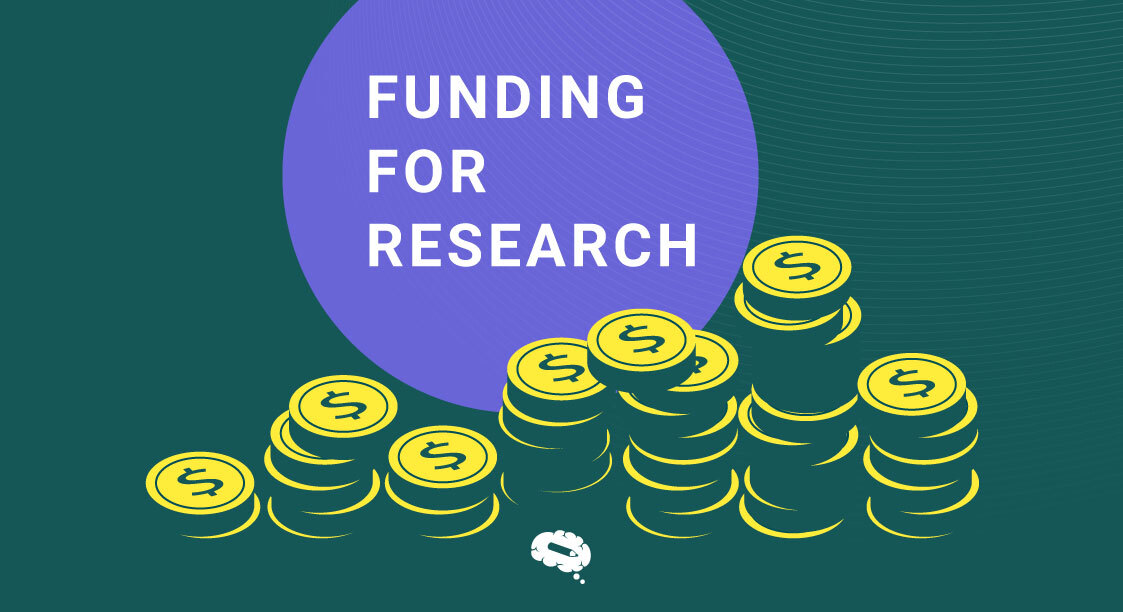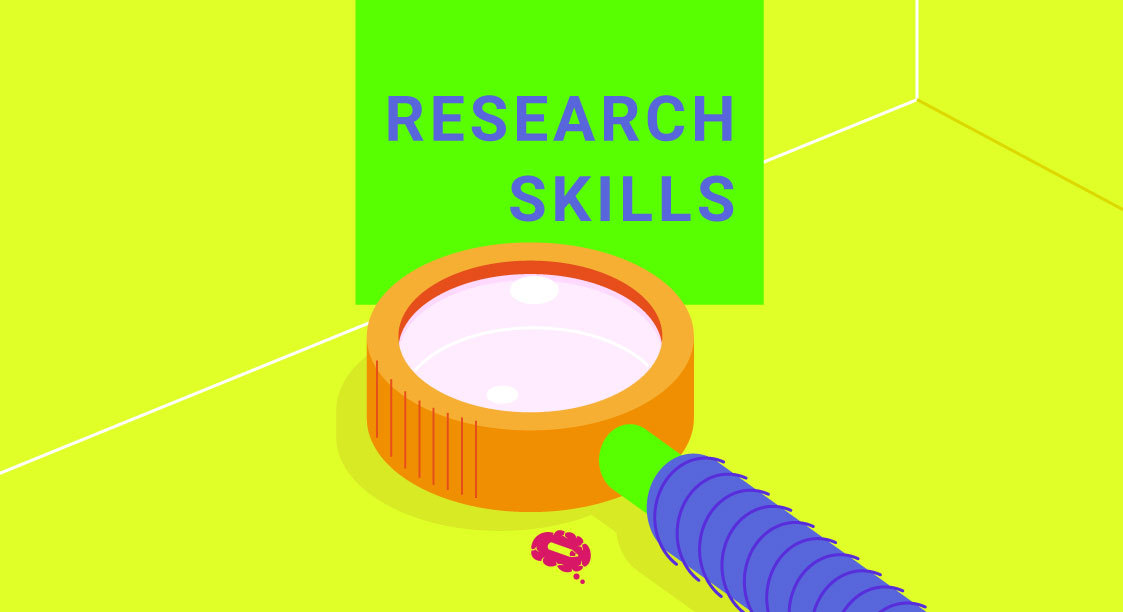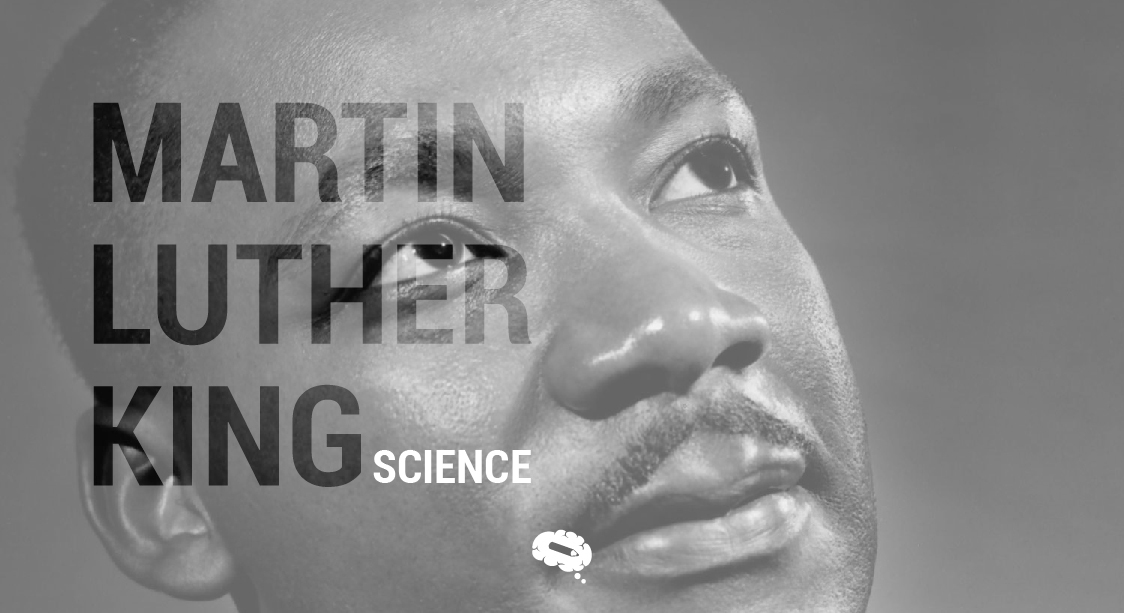In the context of research, innovation and discovery cannot solely rely on technical expertise. Soft skills, including communication, teamwork, adaptability, and ethical awareness, guide researchers through scientific inquiry. Beyond the confines of laboratory experiments and data analysis, these interpersonal skills foster collaboration, facilitate meaningful dialogue and promote the responsible conduct of research. In this article, we explore the critical importance of soft skills in research, examining how they can enhance productivity, improve research outcomes, and shape the future of scientific advancement.
Understanding Soft Skills
What Are Soft Skills?
Soft skills are a set of interpersonal, communication, and behavioral attributes that enable individuals to interact effectively with others. Unlike hard or technical skills, which are typically job-specific and measurable, soft skills are more about how individuals behave. Examples of soft skills include:
Leadership: Leadership involves more than just giving directions; it’s about inspiring and motivating individuals or teams to achieve common objectives. Visionary leaders provide purpose and direction, while decisiveness enables them to make tough decisions swiftly, even in uncertain situations. Delegation plays a crucial role by assigning tasks to team members based on their strengths and abilities, fostering autonomy and accountability. Additionally, effective conflict resolution skills are essential for addressing disputes constructively, maintaining team harmony, and keeping everyone focused on the task at hand.
Creativity: Creativity is the engine of innovation, generating novel ideas and solutions. Curiosity opens the mind to new possibilities, while imagination allows individuals to envision alternatives beyond conventional thinking. Creative individuals are not afraid to take risks, explore new possibilities, and push boundaries to uncover fresh perspectives and insights. Creativity fuels progress and drives positive change by challenging the status quo and inspiring new ways of thinking and doing.
Critical Thinking: Critical thinking enables individuals to analyze information objectively, evaluate evidence, and make informed decisions. It involves questioning assumptions, recognizing biases, and applying logic and reasoning to draw sound conclusions. Critical thinkers are adept at identifying underlying assumptions, evaluating the credibility of sources, and considering alternative perspectives before arriving at conclusions.
Emotional Intelligence: This is the ability to recognize, understand, and manage one’s own emotions, as well as empathize with the emotions of others. Self-awareness enables individuals to recognize their emotional triggers and responses, while self-regulation allows for the effective management of emotions in various situations. Social awareness consists of understanding the emotions and perspectives of others, while relationship management skills facilitate positive interactions and collaboration.
Adaptability: Adaptability is a vital soft skill characterized by the ability to thrive in changing environments and circumstances. Those proficient in adaptability demonstrate flexibility, resilience, and a proactive approach to navigating transitions, whether in the workplace or personal life. They embrace change as an opportunity for growth, quickly adjusting their strategies and mindset to effectively meet new challenges. Valued in both professional and personal contexts, adaptability enables individuals to remain productive, engaged, and resilient in uncertainty, contributing to their success and well-being.
Conflict Resolution: Conflict resolution skills are essential for addressing disagreements and disputes in a constructive and mutually beneficial manner. Active listening is crucial for fully understanding the perspectives of all parties involved, while empathy fosters compassion and understanding. Negotiation facilitates finding mutually agreeable solutions, while compromise entails finding common ground and reaching a consensus.
Time Management: Time management skills enable individuals to prioritize tasks, allocate resources effectively, and meet deadlines efficiently. Setting realistic goals provides clarity and direction while creating schedules helps organize activities and manage time effectively. Identifying and eliminating time-wasting activities is essential for minimizing distractions and maximizing productivity.
Related article: Time Management for Researchers: A Comprehensive Toolkit
Networking: Networking builds and maintains professional relationships to leverage connections for career advancement and opportunities. Effective communication is key to establishing rapport and fostering meaningful connections, while actively seeking out opportunities to connect with others helps expand one’s professional network. Building and nurturing relationships over time allows individuals to tap into resources, expertise, and opportunities for growth and development.
Presentation Skills: Presentation is essential for effectively communicating ideas, proposals, or findings to an audience. Public speaking delivers the information clearly, confidently, and engagingly, while visual design enhances the clarity and impact of presentations. Storytelling captivates audiences and makes information more memorable, while audience engagement techniques encourage participation and interaction.
Resilience: This is the ability to bounce back from setbacks, adapt to change, and maintain a positive outlook in the face of challenges. Perseverance is to stay committed to goals despite obstacles or setbacks, while optimism fosters a hopeful and positive attitude. A growth mindset embraces challenges as opportunities for learning and growth, leading to greater resilience and personal development.
The Importance Of Soft Skills In Research
Soft skills play a crucial role in research, contributing to the success and effectiveness of scientific endeavors in several ways. While technical expertise is undoubtedly crucial in conducting research, soft skills play a complementary and equally vital role in ensuring success in this field. Furthermore, soft skills encompass a wide range of interpersonal and communication abilities.
By developing and honing soft skills, researchers can enhance their effectiveness, productivity, and overall success in their work. Possessing strong soft skills can open up new opportunities for collaboration, funding, and career advancement, ultimately contributing to the advancement of knowledge and innovation in their respective fields. Therefore, investing in the acquisition of soft skills alongside technical expertise is essential for researchers seeking to make meaningful contributions to their fields and address complex challenges facing society.
Related article: Funding for Research — Why, Types of Funding, When, and How?
Soft Skills For Researchers
Communication Skills
Communication skills are indispensable throughout the research process, serving as the foundation for effective collaboration, knowledge dissemination, and project advancement. Researchers rely on clear and concise communication to articulate hypotheses, methodologies, and results to peers, advisors, and stakeholders, ensuring alignment and understanding among team members. Particularly crucial in interdisciplinary collaborations, effective communication bridges disciplinary gaps, facilitates idea exchange, and integrates diverse perspectives into cohesive solutions. Researchers adept at communication can navigate these interactions smoothly, translating technical jargon into accessible language and fostering mutual understanding among team members.
Moreover, the impact of good communication extends beyond internal collaborations to external interactions with the broader scientific community and society. Clear and compelling communication of research findings enhances visibility, credibility, and impact. Whether through academic publications, conference presentations, or public outreach efforts, researchers proficient in communication can inspire interest, provoke discussion, and catalyze further inquiry. Ultimately, investing in the development of communication skills not only benefits individual researchers but also advances scientific knowledge and addresses global challenges collaboratively, emphasizing the critical role of communication in the research landscape.
Problem-Solving Skills
Problem-solving skills are integral to the research process, guiding researchers through the complexities and uncertainties inherent in scientific inquiry. In research, challenges are inevitable, ranging from methodological dilemmas to unexpected experimental outcomes. Proficient problem-solving abilities empower researchers to navigate these obstacles effectively, identify viable solutions, and make informed decisions to propel their projects forward. Moreover, problem-solving skills foster a proactive and adaptive mindset, enabling researchers to approach problems with resilience, creativity, and resourcefulness. By cultivating these skills, researchers not only enhance their ability to overcome hurdles but also strengthen their capacity to innovate, explore new avenues of inquiry, and generate impactful discoveries.
Examples of Problem-Solving Scenarios in Research
Experimental troubleshooting: Researchers encounter unexpected issues or inconsistencies in their experiments, requiring them to identify the underlying problems and devise solutions to ensure the reliability and validity of their results.
Data analysis challenges: Researchers face complex datasets with missing or conflicting information, necessitating the development of innovative analytical approaches and algorithms to extract meaningful insights and draw valid conclusions.
Interdisciplinary collaboration: In collaborative research projects involving experts from diverse fields, researchers must navigate differences in terminology, methodologies, and perspectives to integrate findings and address complex research questions effectively.
Literature review discrepancies: Researchers encounter conflicting findings or inconsistencies in the existing literature, prompting them to critically evaluate the evidence, reconcile discrepancies, and identify gaps for further investigation.
Funding constraints: Researchers encounter budget limitations or funding cuts, requiring them to explore alternative sources of funding, optimize resource allocation, and develop cost-effective strategies to continue their research projects.
Ethical dilemmas: Researchers face ethical considerations or dilemmas in their research, such as conflicts of interest, privacy concerns, or potential harm to participants, necessitating careful ethical deliberation and decision-making to ensure research integrity and compliance with ethical standards.
Technology limitations: Researchers encounter limitations or challenges with existing technologies or tools, prompting them to innovate and develop new methodologies, techniques, or instrumentation to overcome technical obstacles and advance their research goals.
Fieldwork complications: Researchers conducting fieldwork face logistical challenges, environmental constraints, or unforeseen circumstances, requiring them to adapt their research plans, problem-solve on the spot, and implement contingency measures to ensure the success of their fieldwork activities.
Teamwork
Teamwork stands as a cornerstone in research, offering a collaborative framework that fosters synergy, innovation, and collective problem-solving. Research endeavors often entail complex challenges that require diverse perspectives, skills, and expertise to address effectively. In this context, teamwork enables researchers to pool their strengths, leverage complementary talents, and navigate interdisciplinary boundaries to achieve common objectives.
Teamwork also cultivates an environment of mutual support and shared accountability, where individuals collaborate seamlessly, communicate openly, and respect each other’s contributions. By harnessing the collective intelligence and collective effort of a cohesive team, researchers can amplify their impact, tackle ambitious projects, and push the boundaries of knowledge beyond what could be achieved individually.
Examples of How Efficient Teamwork Accelerates Research
Division of Labor: In a research team, members can divide tasks according to their expertise, allowing for simultaneous progress on multiple aspects of the project. For instance, while one team member conducts experiments, another can analyze data, and another can draft reports. This division of labor ensures efficiency and accelerates the overall research process.
Pooling Resources: Through teamwork, researchers can pool their resources, including equipment, funding, and intellectual capacity. By sharing resources, teams can access specialized tools and expertise that may not be available to individual researchers, thereby speeding up the completion of experiments and analyses.
Brainstorming and Problem-Solving: Collaborative brainstorming sessions allow team members to generate innovative ideas and solutions to research challenges. Through open discussion and exchange of perspectives, teams can quickly identify potential obstacles and develop strategies to overcome them, leading to faster progress in the research process.
Feedback and Peer Review: Efficient teamwork involves providing constructive feedback and engaging in peer review processes. By soliciting input from team members, researchers can identify areas for improvement and refine their methodologies or interpretations more quickly. This iterative process of feedback accelerates the refinement of research findings and ensures their accuracy and validity.
Networking and Collaboration: Research teams often collaborate with external partners, such as other research institutions, industry partners, or community organizations. Through these collaborative efforts, teams can leverage additional expertise, resources, and data, facilitating faster progress in achieving research goals and objectives.
Critical Thinking
Critical thinking guides researchers in evaluating evidence, analyzing data, and drawing well-reasoned conclusions. In research, where the pursuit of knowledge often navigates complex and ambiguous situations, critical thinking helps researchers approach problems with skepticism, intellectual rigor, and a willingness to challenge assumptions.
By applying logical reasoning, sound judgment, and systematic inquiry, researchers can assess the validity of hypotheses, identify gaps in existing knowledge, and formulate novel research questions that push the boundaries of inquiry. It enables researchers to navigate ethical considerations, recognize biases, and uphold the integrity and credibility of their work. Ultimately, critical thinking underpins the entire research endeavor, driving the quest for truth, innovation, and intellectual advancement.
Examples of Critical Thinking in Action
Reviewing Literature: When conducting a literature review, researchers critically evaluate existing studies to identify gaps, inconsistencies, or areas requiring further investigation. They assess the validity, reliability, and relevance of previous research findings, considering factors such as sample size, methodology, and potential biases. Through this critical analysis, researchers inform their study design and contribute to the advancement of knowledge in their field.
Designing Experiments: Before conducting experiments, researchers engage in critical thinking to develop robust study designs that address research questions effectively and minimize biases. They carefully consider factors such as control variables, randomization procedures, and sample selection criteria to ensure the validity and reliability of their findings. By anticipating potential confounding factors and addressing them proactively, researchers enhance the rigor and credibility of their experiments.
Analyzing Data: In the data analysis phase, researchers apply critical thinking skills to interpret research findings accurately and draw meaningful conclusions. They scrutinize statistical analyses, examining factors such as effect sizes, significance levels, and confidence intervals to assess the strength of evidence supporting their hypotheses. Additionally, researchers critically evaluate outliers, anomalies, and potential sources of error, ensuring the integrity and validity of their data interpretations.
Identifying Bias: Researchers critically examine their assumptions, biases, and preconceptions throughout the research process to minimize their influence on study outcomes. They strive for objectivity and impartiality in data collection, analysis, and interpretation, employing strategies such as blind or double-blind procedures to reduce bias. By acknowledging and addressing potential sources of bias, researchers enhance the credibility and reliability of their research findings.
Also read: How To Avoid Bias In Research: Navigating Scientific Objectivity
Drawing Conclusions: When concluding research findings, researchers engage in critical thinking to assess the strength of evidence and the validity of their interpretations. They consider alternative explanations, potential confounding variables, and limitations of the study design, weighing the evidence carefully before making definitive claims. By exercising skepticism and intellectual rigor, researchers ensure that their conclusions are grounded in sound reasoning and supported by empirical evidence.
Improving Your Soft Skills
Training And Courses
Enhancing soft skills requires a proactive approach to learning and development, incorporating a combination of self-directed practice, feedback, and structured training opportunities. One practical way to improve soft skills is through experiential learning, where individuals actively engage in real-world scenarios that require the application of specific skills. This can involve volunteering for leadership roles in group projects, participating in networking events to hone communication skills, or seeking opportunities to collaborate with diverse teams to cultivate teamwork and adaptability. Additionally, soliciting feedback from peers, mentors, or supervisors can provide valuable insights into areas for improvement and guide targeted skill development efforts.
Organizations may provide in-house training programs or workshops focused on specific soft skills relevant to their industry or organizational culture. Professional associations, community colleges, and continuing education programs often offer seminars or certificate programs tailored to develop soft skills for specific career paths or industries. By leveraging these training opportunities, individuals can systematically enhance their soft skills, augment their professional capabilities and open up new opportunities for personal and career growth.
Regular Practice And Consistent Learning
Habitual practice plays a fundamental role in improving soft skills, as consistent repetition allows individuals to reinforce desired behaviors and cultivate proficiency over time. Just as athletes train regularly to hone their physical abilities, individuals aspiring to develop soft skills must engage in deliberate practice to refine their interpersonal, communication, and problem-solving capabilities. By incorporating soft skill development into daily routines and activities, individuals can gradually build competence and confidence in applying these skills across various contexts. Consistent practice not only enhances skill proficiency but also fosters a growth mindset, where setbacks are viewed as opportunities for learning and improvement rather than obstacles to progress.
Tips for Cultivating a Habit of Consistent Learning
To cultivate a habit of consistent learning and skill development, individuals can adopt several strategies to integrate learning activities seamlessly into their daily lives. Setting specific, achievable goals related to soft skill improvement can provide motivation and focus for learning efforts. Breaking down large goals into smaller, manageable tasks can make progress more tangible and sustainable.
Establishing a regular schedule or routine for learning activities, such as dedicating a specific time each day for skill practice or scheduling regular check-ins to track progress, can help maintain consistency and accountability. Embracing a growth mindset and viewing challenges as opportunities for growth can also foster resilience and perseverance in the face of setbacks. Leveraging available resources such as books, online courses, workshops, or mentorship opportunities can provide valuable guidance and support for ongoing learning and skill development.
Ultimately, the significance of soft skills in enhancing research competency cannot be overstated. As researchers strive to address increasingly complex and interdisciplinary challenges, the ability to effectively communicate ideas, collaborate with diverse teams, and think critically becomes indispensable. Soft skills not only complement technical expertise but also enable researchers to navigate uncertainties, innovate, and drive scientific progress forward. By recognizing and investing in the development of soft skills, individuals and organizations can foster a culture of excellence, collaboration, and continuous learning, thereby advancing the frontiers of knowledge and addressing society’s most pressing challenges with ingenuity and impact.
Discover insights on how to make learning a habit you enjoy: “How To Make Learning A Habit You Enjoy“.
Science Figures, Graphical Abstracts, And Infographics For Your Research
Mind the Graph platform offers invaluable support to scientists by providing a comprehensive suite of tools for creating visually compelling science figures, graphical abstracts, and infographics tailored to their research needs. The platform offers a diverse range of customizable templates and design elements, empowering researchers to create professional-quality visuals with ease. Whether crafting graphical abstracts to summarize key findings, designing infographics to illustrate research processes, or creating science figures to visualize experimental results, Mind the Graph enables scientists to effectively communicate their research in a visually impactful manner. By harnessing the power of visual storytelling, Mind the Graph helps scientists captivate audiences, disseminate knowledge, and elevate the impact of their research endeavors.

Subscribe to our newsletter
Exclusive high quality content about effective visual
communication in science.

